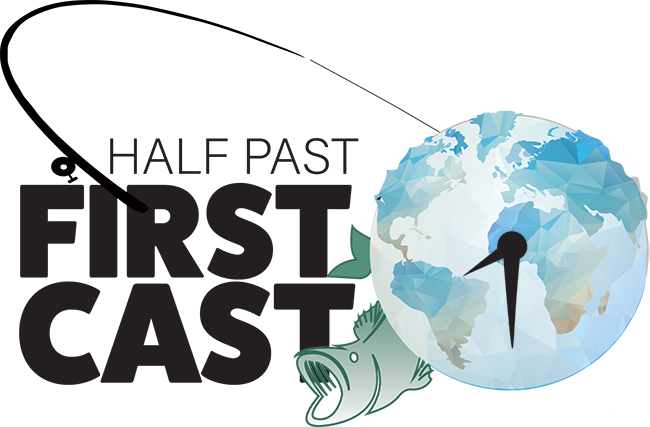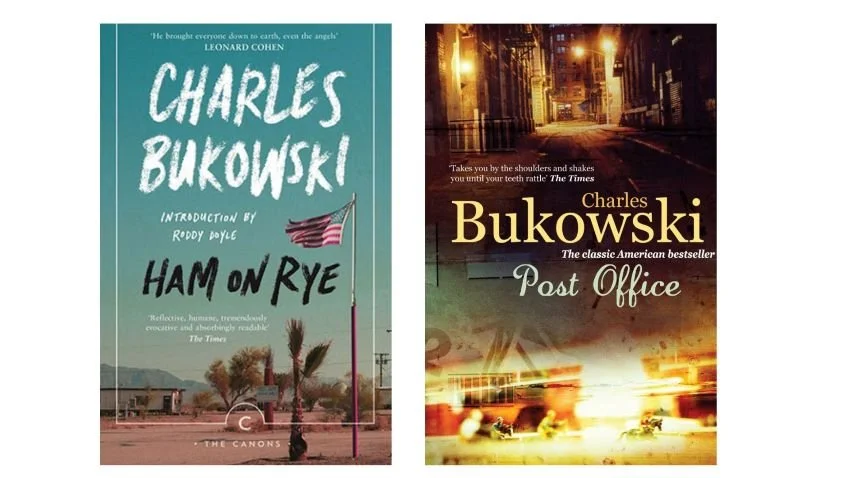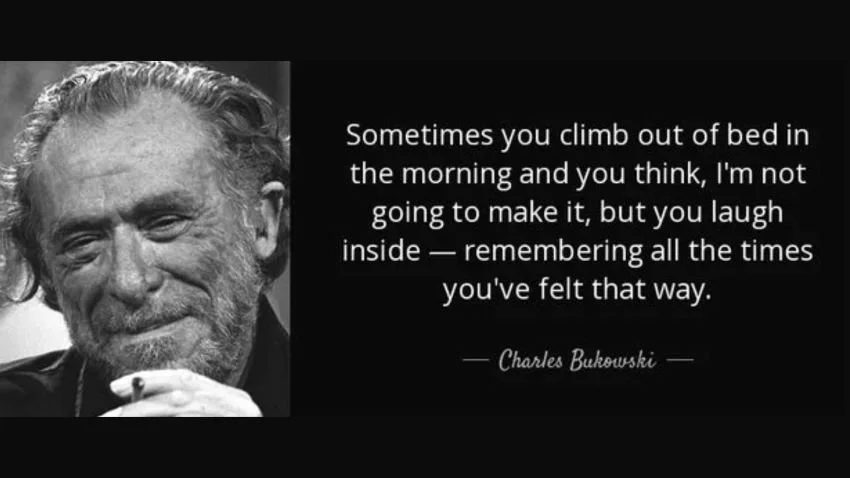The Advantages of Not Being a Full-Time Fishing Writer
For years, I have resented the full-time fishing writers.
I hustle my ass off for assignments, spend most of my otherwise free time on the phone with anglers or behind a computer screen, and yet I still don’t have the flexibility to take advantage of the role. Every year, I turn down multiple media events, free trips and other boondoggles — as well as writing opportunities, of course — that I’d really like to pursue. I can’t add another day or two to our trips just to look for content. There’s never a free moment just to be – because I feel like every minute available to further my second career should be utilized to the maximum of my abilities.
Accordingly, when I get to an event like the Bassmaster Classic, I feel an emotion just short of disdain for the writers who are relaxing with big plates of food, chitchatting and hobnobbing rather than making the most of the day.
Of course, some of that anger is misplaced. In some cases, the other writers have earned the right to take a day off – they’re the ones on the road 200+ days a year, the ones who could be making more money doing something else, but instead chose to take the risk of being a full-timer. The intellectual side of me understands that, even if the emotional side of me does not.
Of course, I’m not alone as a creative who feels trapped by his or her “real job.” As Aidan Levy wrote in his article about American artist Romare Bearden, who worked for over 30 years as a civil servant caseworker in New York: “It’s a time-honored tradition for artists to have a day job to make ends meet: Wallace Stevens was an insurance executive; Philip Glass a plumber; Richard Serra, perhaps predictably, worked in a steel mill. But it’s generally understood that the day job is a necessary evil, providing the rent money that makes the art possible.”
However, Levy suggests that Bearden and his similarly-minded intellectuals may have benefitted from their day jobs in ways beyond just the financial. It allowed them the perspective and the experience to put their artistic subjects in perspective.
I also have to remember that it’s possible to build a rewarding life and a meaningful body of work without being wholly committed to just a single disclipline. There are lots of examples, like Bearden, mentioned above.
Indeed, the inspiration for writer Charles Bukowski’s novel “Post Office” was his time working as a letter carrier and post office clerk in the 1950s and 1960s.
Bukowski’s books were about everyday life and poverty, but there’s also sometimes an intersection between high culture and “day jobs.” For example, the only American to ever design scarves for France’s Hermès is Kermit Oliver, a postman from Waco.
Here’s another example: Herbert and Dorothy Vogel, also New York City civil servants, amassed one of the most important US art collections of the latter half of the 20th century – all on their salaries as a night postal clerk and public librarian. They didn’t have wealth or prestige to make help them along, but they saved money, made wise purchases, befriended notable artists and prior to Herbert’s death (Dorothy is still alive) they donated their collection to the National Gallery of Art. They did so, they said, “because the gallery is free, it never sells donated works, and because having both had long careers working for the government, the Vogels thought that donating their collection to a federal entity would be like donating it to the country as a whole. Later, they worked with the National Gallery of Art to distribute their extensive collection among other museums so more people could enjoy the pieces.
I’m certainly not equating myself to Bearden or Bukowski or Oliver or to the Vogels, but to the extent that there’s a point to this blog, it’s to remind myself and others that just because something is a “side gig” or a hobby based on passion doesn’t mean that it can’t be meaningful. Indeed, part of the meaning can derive directly from the fact that you’re not immersed in the specific world 24/7/365. I hope that I remember that in a couple of years when I retire from my 8-5:30 and have the opportunity to fish, travel and write full-time. What I’ve done has been the correct path for me, but it’s time for a change and I don’t want to take anything for granted.










